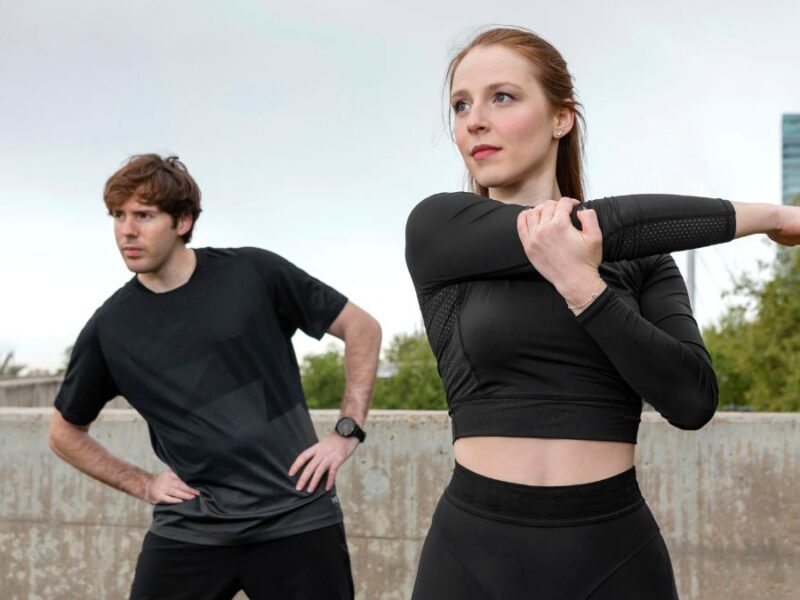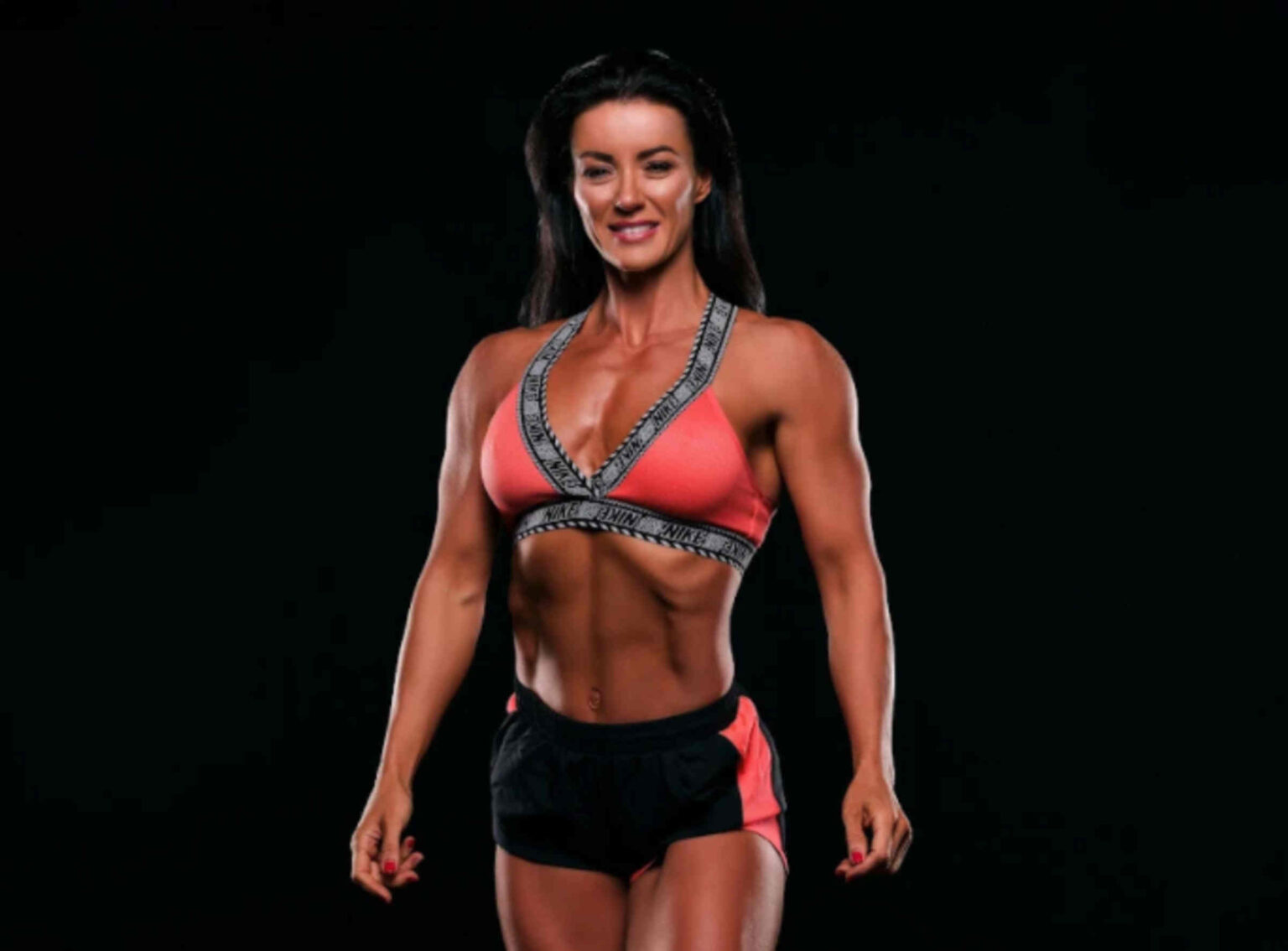
The Complete Guide to Protein for Vegans: Fitness Entrepreneur Shares the Top Tips for Bodybuilding
Protein is at the forefront of the bodybuilding industry for a good reason. Protein is an essential macronutrient that is needed for the body to repair and build muscle after performing strenuous activity, like weight lifting.
Protein is comprised of nine essential amino acids that serve different health and metabolic functions and is derived from meat, dairy, plants, and legumes. An average person requires approximately 1g of protein per pound of body weight.
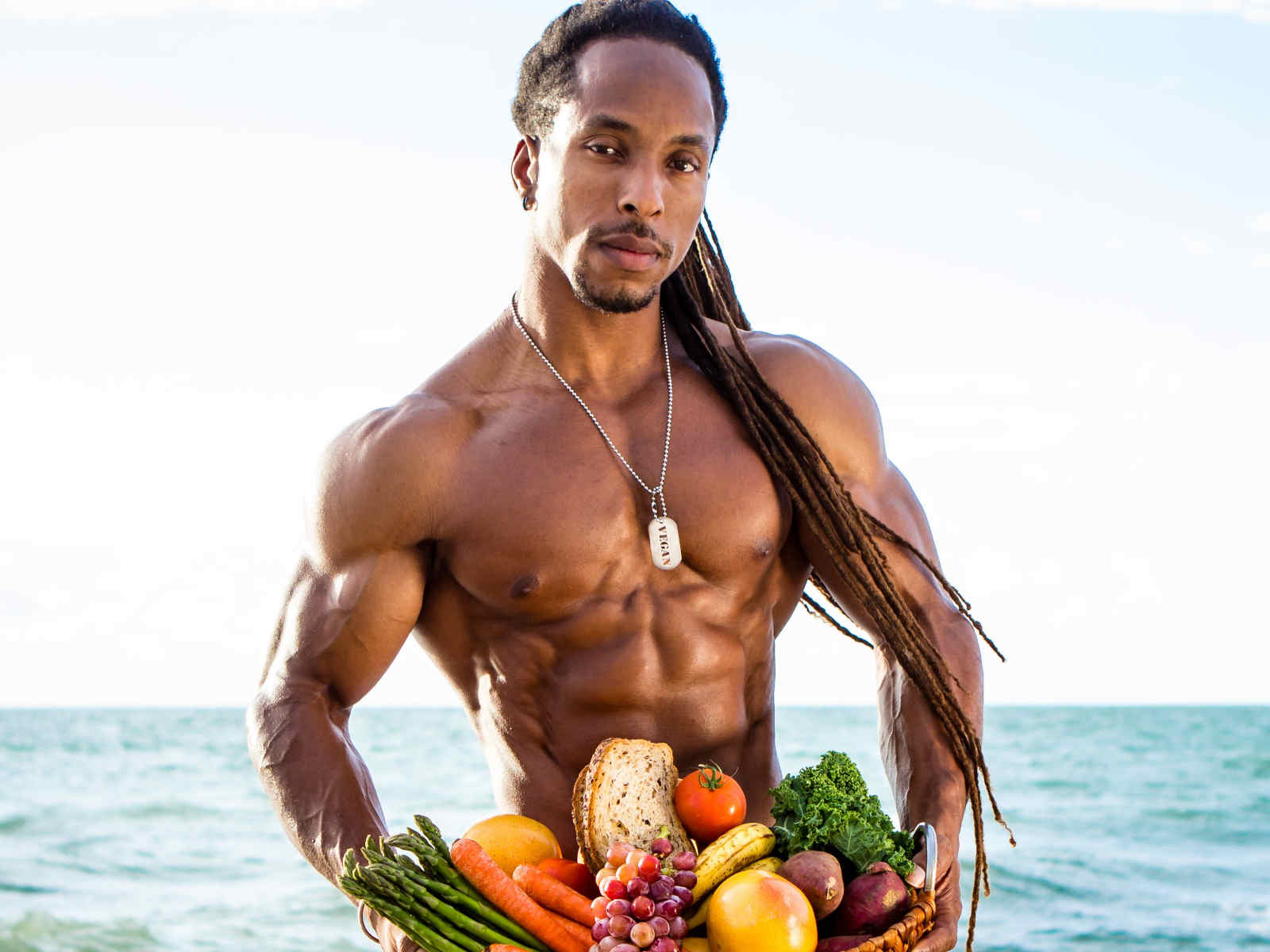
How to optimize protein consumption for vegans and build lean muscle
Meat and seafood usually contain high amounts of protein, however, the downside is that they lack the critical nutrients that plants have. Getting a complete diet fueled with protein is definitely possible on a plant-based diet, as long as you maintain a degree of awareness and diversity in your food intake.
A plant-based diet offers an array of micronutrients that are essential for longevity and optimizing activity. However, an important thing to be cautious of is the lower digestive properties of plant-based foods due to their structure or the presence of phytic acids (grains, nuts, beans) that interact with proteins to decrease digestibility.
Protein inhibition can be significantly reduced with heat treatment or processing. For example, processing treatments used to produce legume concentrate reduce trypsin inhibitors up to 80%, which is comparable to the digestibility of animal proteins.
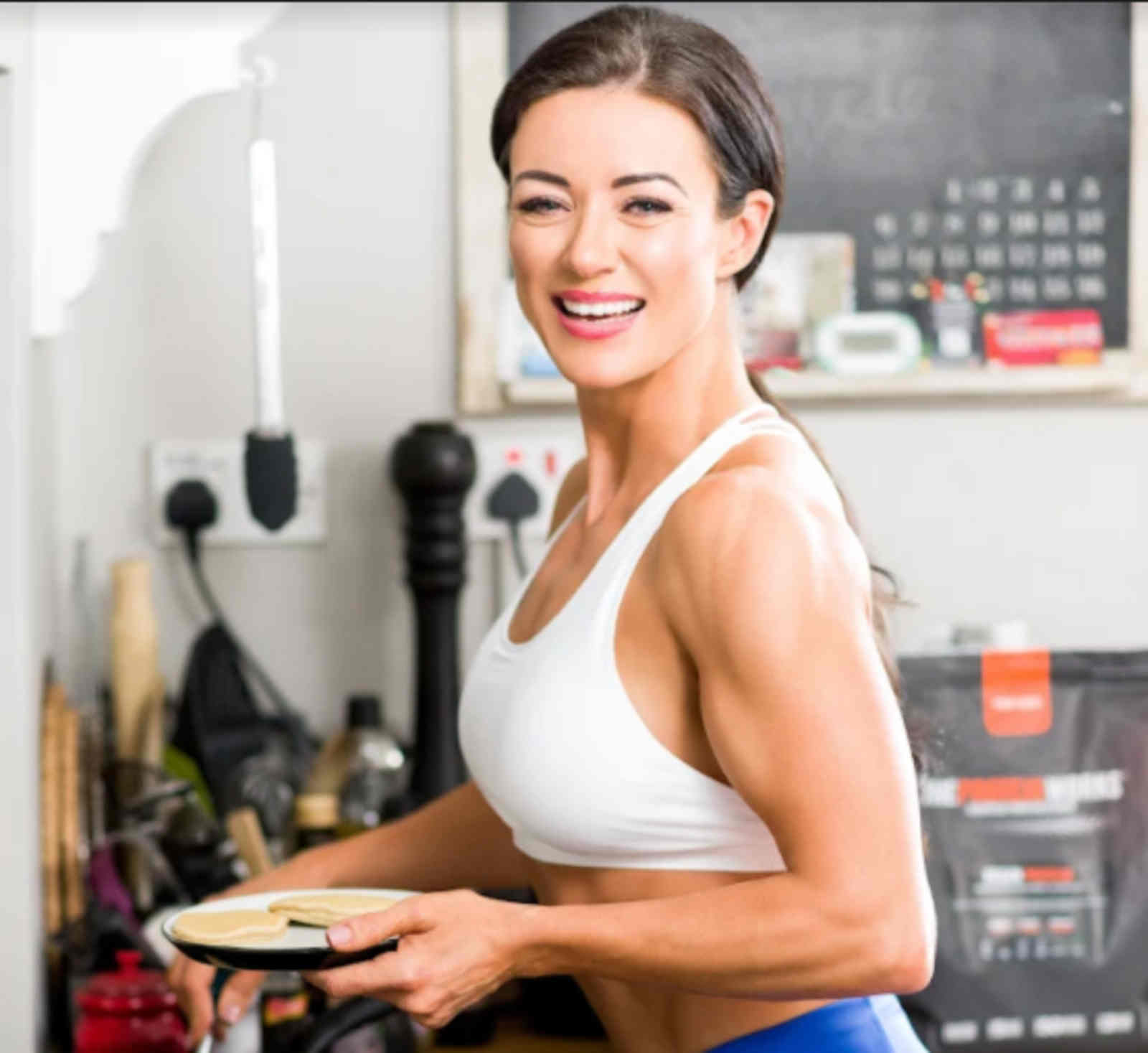
There’s a common misconception that vegans and vegetarians cannot get adequate protein from their diets, nevertheless, go into bodybuilding competitively. Kim Constable, Founder, and CEO of The Sculpted Vegan have proven those wrong tenfold.
She has trained thousands of women through her online training and nutrition programs, to get the most average person to physique stage ready in 18 months. Kim has an extensive background in yoga teaching, nutrition, and online marketing, which all led to helping her build The Sculpted Vegan, which is a platform that helps women achieve their bodybuilding goals while maintaining a plant-based diet.
She retired from her lucrative yoga teaching business, to focus on her true passion —- bodybuilding and empowering women through the right choices when it comes to working out and nutrition. Here, she divulges her nutrition regime for vegans focusing on protein.
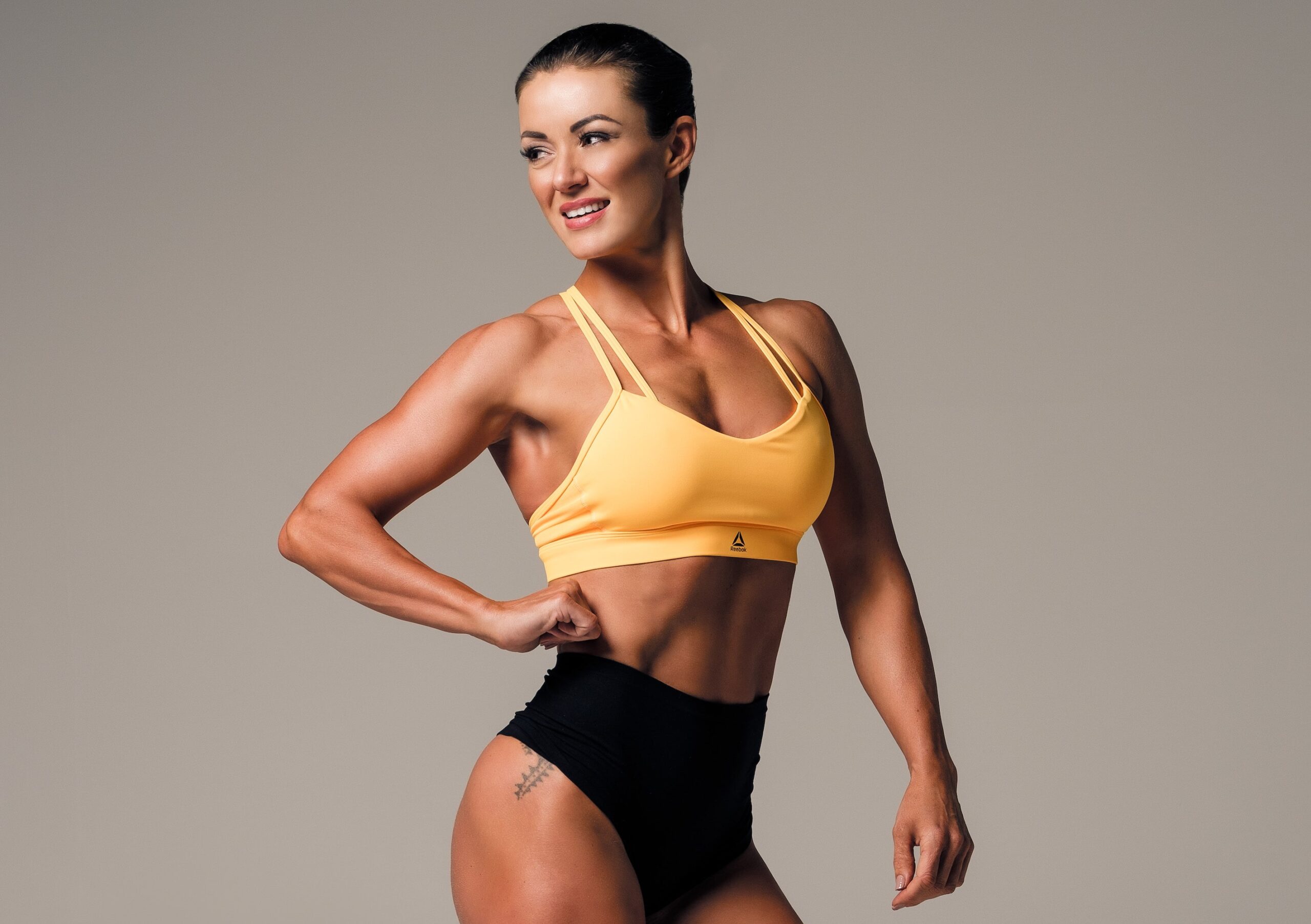
Protein in Every Meal
Protein, especially for athletes, is essential for muscle repairs and growth. Ensuring we get all nine amino acids through our food intake can be achieved by incorporating protein sources in every meal. For plant-based eaters, there are few foods that are complete proteins.
Some of these include quinoa, buckwheat, hempseed, blue-green algae, and soybeans. Having a variety of whole grains, beans, legumes, nuts, and seeds in your diet can help facilitate the creation of complete proteins in the body. Current research suggests that it may be possible to achieve complete proteins, by consuming all the essential amino acids throughout the day. Your body fills in the gaps with normal amino acid breakdown and recycling.

Tracking your Macronutrients
It is crucial to keep track of how much protein you’re consuming if you want to optimize your sessions at the gym, and build muscle. Using a simple calculator online should help you determine your daily needs.
Plant-based protein sources generally have half the amount of protein compared to animal-based sources. Tofu and soy alternatives tend to have higher amounts, at 10-12g per 100 calories. Legumes and beans range from 7- 8g, while quinoa and nuts have a lower range of 3.5-4.5g.
Modern companies are constantly trying to create more plant-based, soy-free, alternative meat products for the masses; however, one thing to be cautious of is the presence of too many fillers, and to ensure that the product has a decent amount of protein (think around 20g per serving).
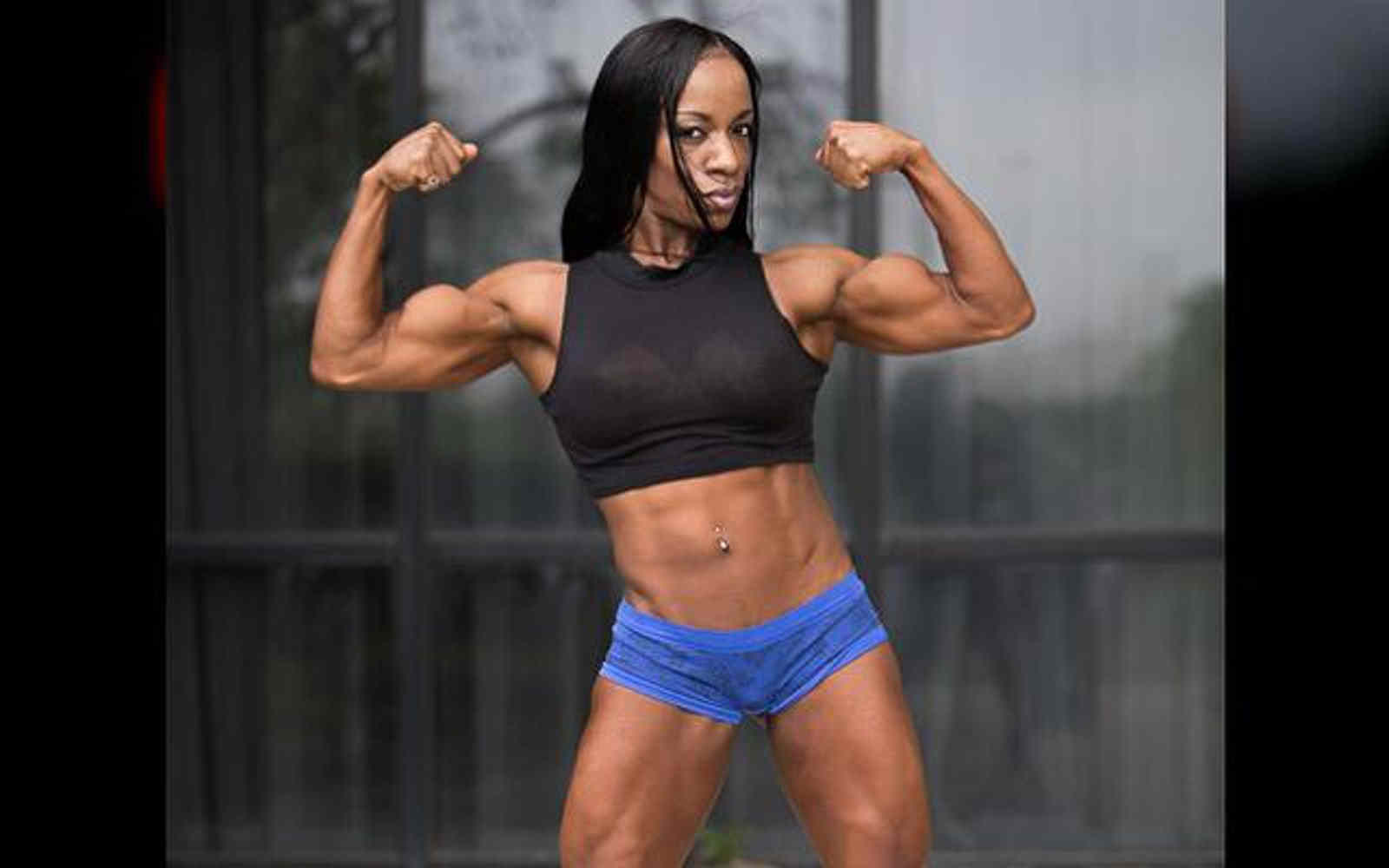
Becoming accustomed to protein levels of foods should come with the regular use of a tracking app or simply paying more attention to nutrition labels. Sometimes it can be difficult to differentiate what’s a protein source because plant-based foods tend to contain a variety of macronutrients; carbohydrates, or fats, along with protein.
The upside of that is it can help prolong satiety, and make your diet more sustainable while you’re training heavily and cutting down on calories. Kim Constable recommends supplementing the diet with a plant-based protein powder that’s the lowest in calories for the amount of protein it has.
Concentrates have higher absorption rates than untreated sources of protein, to ensure that any protein gaps in your diet are being fulfilled. This will help optimize the shredding process while keeping you full longer. The brand she personally consumes and shares with her own clients is The Protein Works.

Eating Plant-Based For Optimal Health
Eating large amounts of meat to meet the protein requirements for bodybuilding can result in long-term health consequences. Cholesterol which is found in higher amounts in meat and dairy products can lead to the hardening of arteries and clogs over time. Meat is generally more calorie-dense and has a lower volume which can make the shedding process more difficult.
Conversely, a plant-based diet offers a plethora of benefits including improved cardiovascular health, lower blood sugar to prevent diabetes, lower blood pressure, and aesthetically, healthier-looking skin, hair, and nails. Plant-based foods are often higher volume, and lower calories, which makes the Shedding process faster because you feel satiated from your meals.

Conclusion
Nutrition is at the core of physique training, and vegans who want to hit their goals must pay careful attention to their protein consumption. Eating plant-based can not only help you fulfill your protein requirements, but lead to a much more colorful, nutrient-dense, and abundant diet.
For Kim Constable, providing the correct nutrition information backed with science and research is part of her principles in building a fitness-based business. She is honest and maintains acute accountability to her personal regime and her training programs, and she expects the same level of diligence back from her clients. That’s the way results are built; from the kitchen to the gym.





